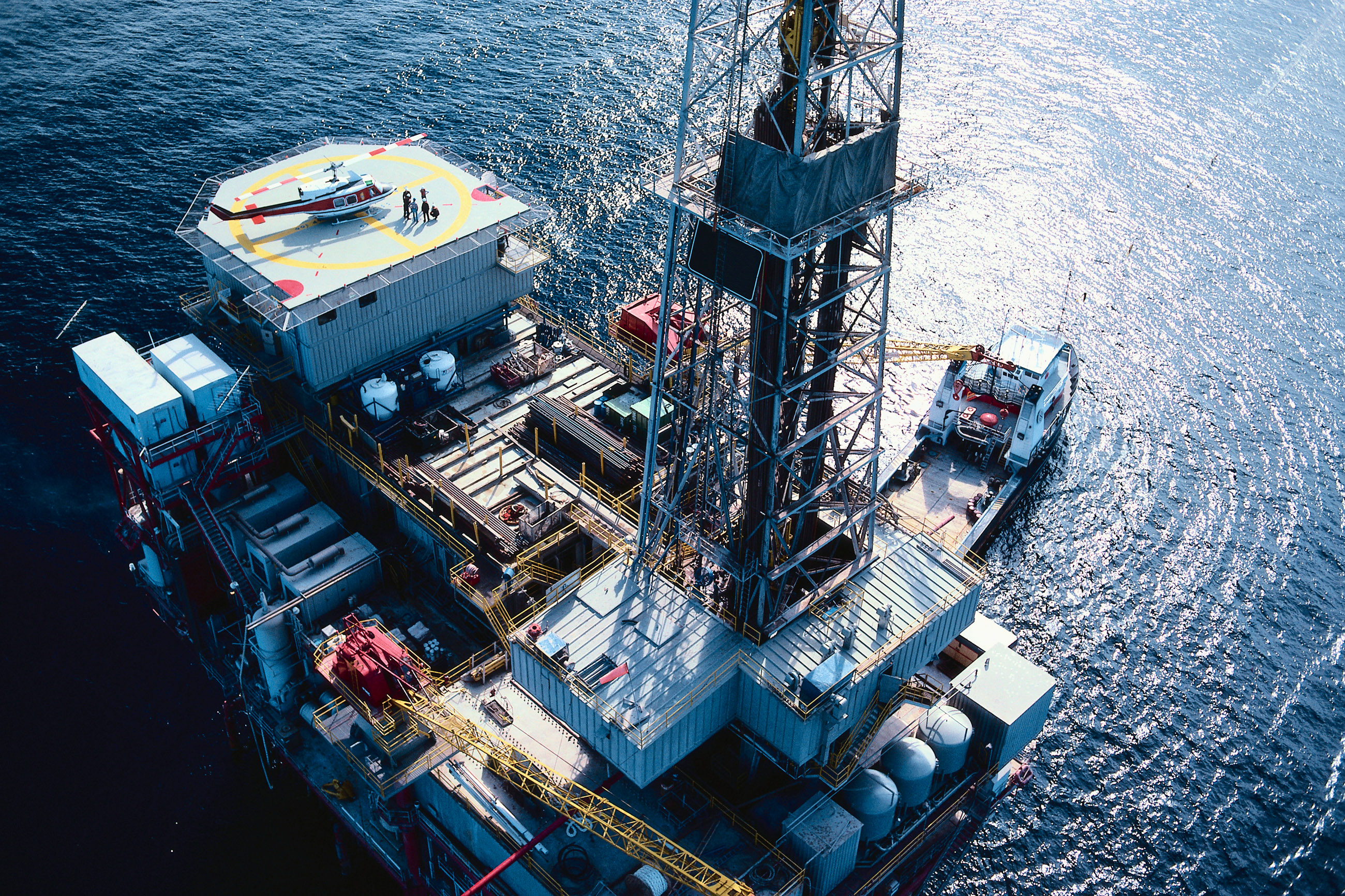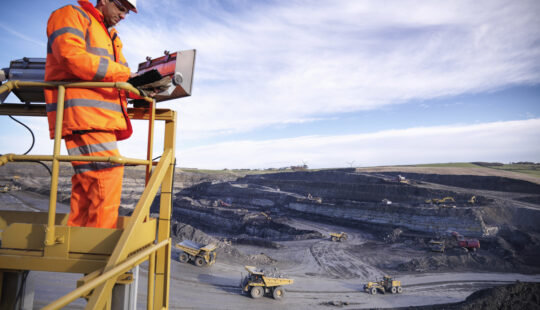Late last year SAP published a whitepaper, Intelligent Supply Chain Processes for Oil and Gas: Use Your Digital Supply Chain to Deliver Superior Customer Experiences. While 2020 has certainly changed the way we work and communicate, this whitepaper’s overarching message is still critical, supply chains will always play an essential role in how governments and businesses digitalise its processes to improve efficiency and intelligence across organisations.
Intelligent enterprise helps connect siloed processes, systems, and technologies together to provide real-time data analytics and best practices. By integrating every facet of the product lifecycle on a single-platform solution, supply chains can be streamlined and embedded with data to highlight opportunities to improve, automate, and expand.
As backend processes communicate with people and equipment in the field, managers can gain greater organisational visibility, gaining oversight of important enterprise data and real-world information that could impact the business, such as traffic, weather, customer demands, and feedback. Furthermore, equipment equipped with intelligent IoT sensors can measure vital usage metrics to improve equipment’s longevity.
The internet of things (IoT) is an idea easily thrown around but often misunderstood in terms of capabilities. IoT sensors provide the capacity to monitor, collect, analyse, and manage data in real time from critical business equipment. This ability to respond and adapt means equipment can and automatically trigger service and maintenance actions to minimise business impact. Business leaders can thereby make decisions when they matter most, planning and forecasting with greater accuracy and broader horizons.
With business transparency that feeds data into a centralised system, businesses have access to tighter resource management and control. This helps minimise waste while optimising processes and resource usage, which is critical at a time when the energy and resources sector must consider more sustainable options to continue thriving – both commercially and within the experience economy.
As the world becomes more socially and environmentally conscious, our industry needs to be ever mindful of the impact we’re having in the regions we operate and on the people we service. This shift alongside the digitalisation of communication platforms means businesses are under more scrutinous eyes than ever, which has led to more customer-centric practices across different industries. The amount of competition, communication channels, and information sources ensures customers have more buying power to influence an organisation’s success.
The digital transformation of supply and communication networks has driven many providers and brands to more personalised offerings, unlocking the value of critical business data to forecast better, service consumers more proactively, and discover best practices by connecting disparate systems to a single source of truth.
Intelligent technology platforms integrate all data sources and processes onto a unified system for better organisational oversight and management. This opens the path for next-generation efficiencies across the business, linking different industries, organisations, and data sources to create a more holistic understanding supported by data-rich environments that evolve with changing business needs.
Within that 2019 whitepaper, SAP highlighted four areas for introducing more intelligent technologies and practices into the energy and resources sector that I would like to outline and explore further.
1. ‘Extending beyond the barrel’ means putting intelligence, data analytics, and best practices into every stage of the resource lifecycle. In centralising these various functions and processes, businesses can simplify order commitment and fulfilment using live-investment management, real-time availability, and faster material replenishment. Data analytics and IoT sensors help extend our understanding beyond standard resource and operational touchpoints.
2. ‘Digitalising production and delivery’ provides a 360-degree view of businesses and supply networks, making it easier to track and analyse all inputs and outputs. Digital transformation also empowers staff with the technology to work remotely through mobile-enabled applications. With a digitally supported workforce, businesses can operate more seamlessly and safely, especially during restrictive circumstances that require constant connection, communication, and verification.
3. ‘Competing as an ecosystem’ is vital in facilitating collaboration and elevating the quality of our industry’s practices, technologies, and environmental impact. The energy and resources sector must explore opportunities and partnerships outside of our industry boundaries to development more sustainable solutions. As we connect systems and networks to build a digitally powered ecosystem, our industry can build upon base capabilities and develop best practices. With a collaborative platform for sharing data insights, we can optimise processes regardless of industry sector to elevate the collective efforts towards productivity, profitability, and sustainability.
4. ‘Unlocking value with technology’ is a culmination of the other points I’ve discussed here. With intelligent technologies like predictive analytics, machine learning, and blockchain, our industry can reduce wasted time and resources spent on legacy processes and manual tasks. Intelligent technology is the most comprehensive way to create value through efficiencies and data-backed decision making. Using real time collaborative visibility and continuous innovation, these intelligent solutions evolve with our needs and changes.
COVID-19 has had widespread impact across national borders and industries, continuing to restrict the movement of goods and people. Intelligent supply chains present a strong blueprint for digitalising our everyday processes.
Data-embedded functionality sets the foundation for digitalisation and automation – not only allowing businesses to operate seamlessly and intelligently but helping managers plan for an uncertain future. This is paramount as we adopt the vital lessons and accelerations brought on by COVID-19, using the momentum of this pandemic to make more bold and informed decisions to thrive in time of uncertainty.



